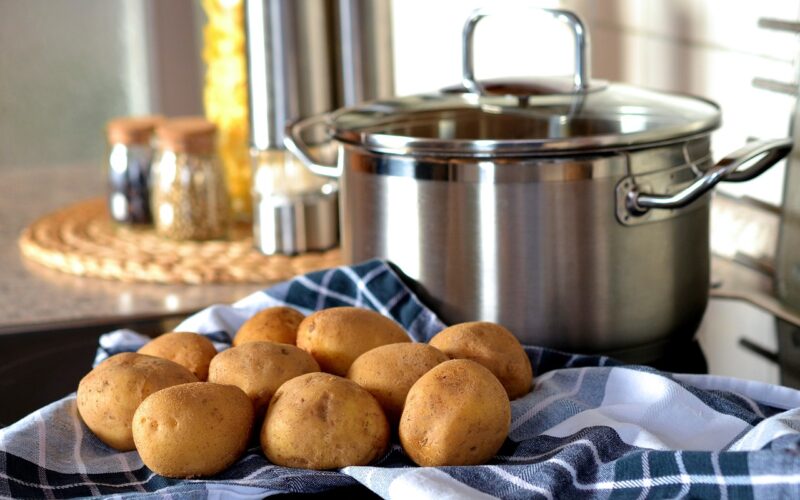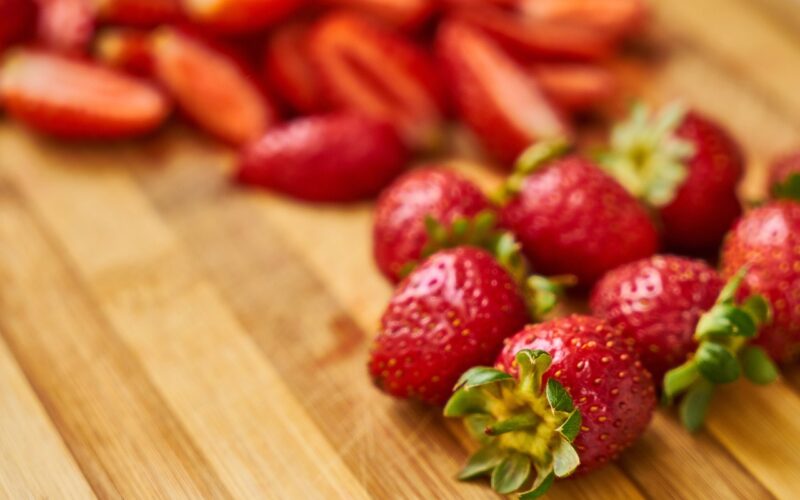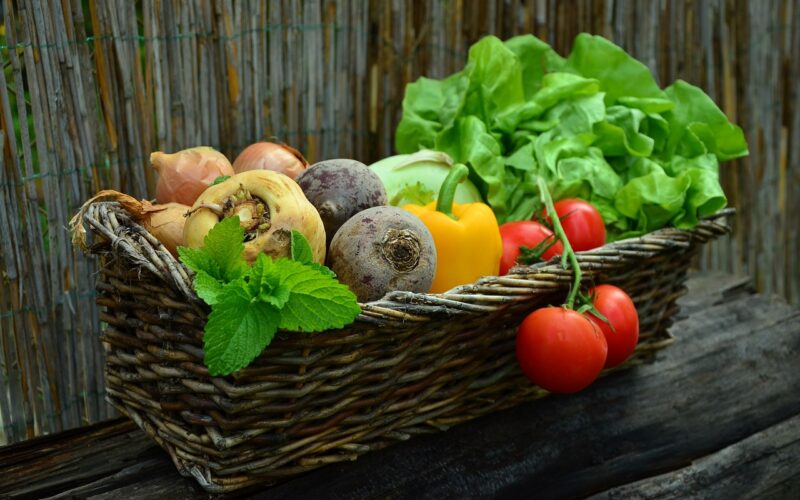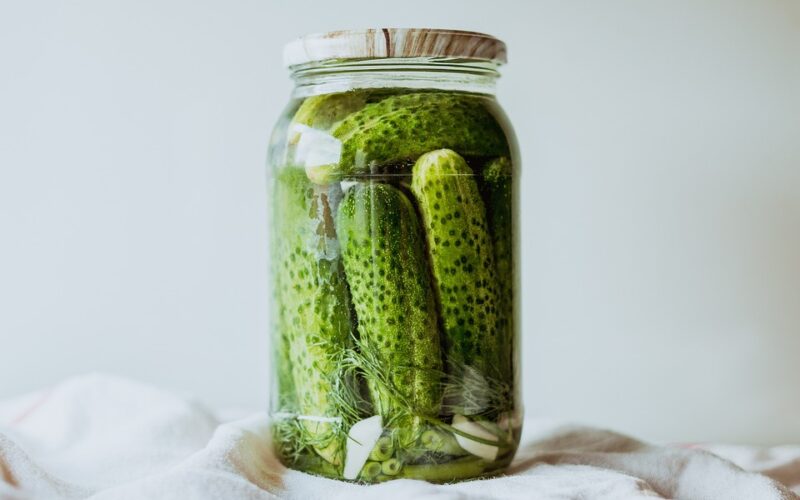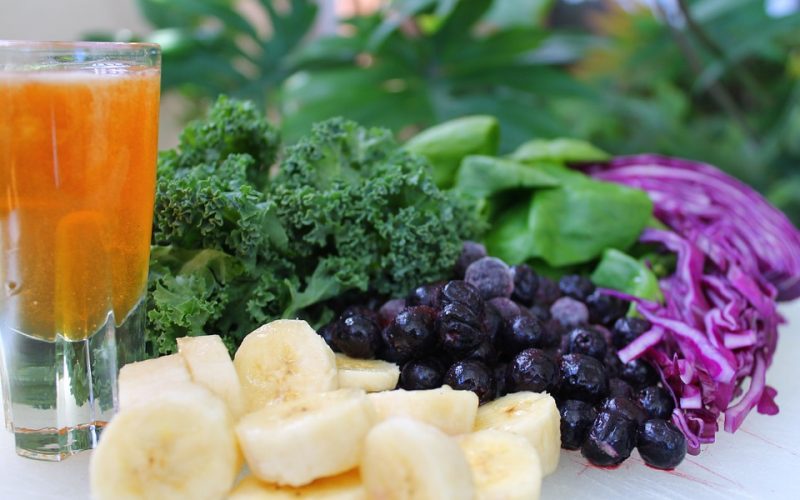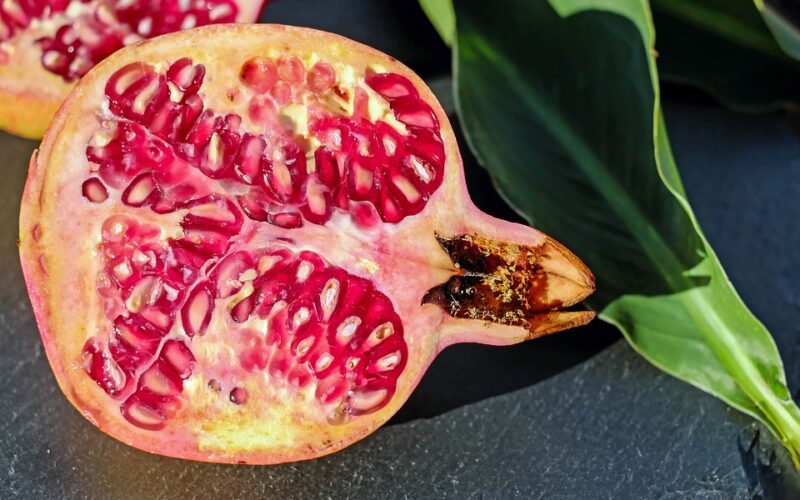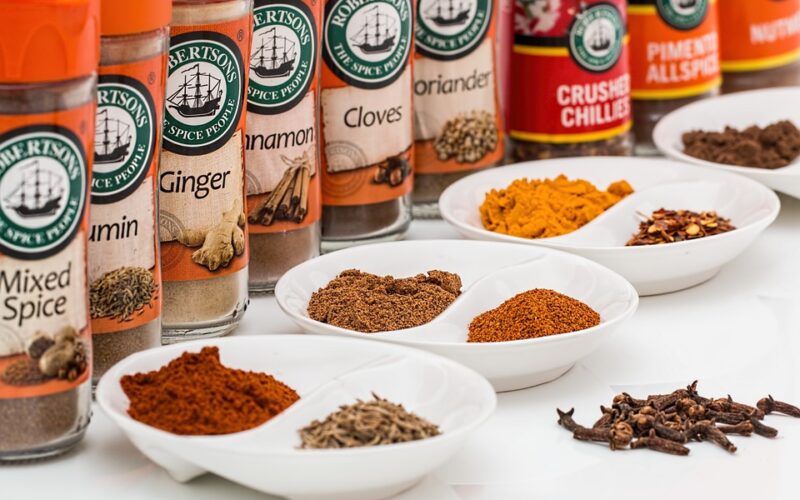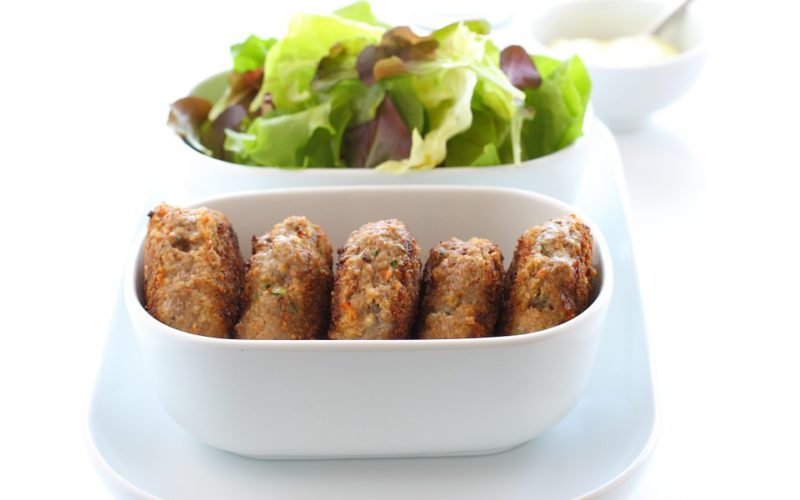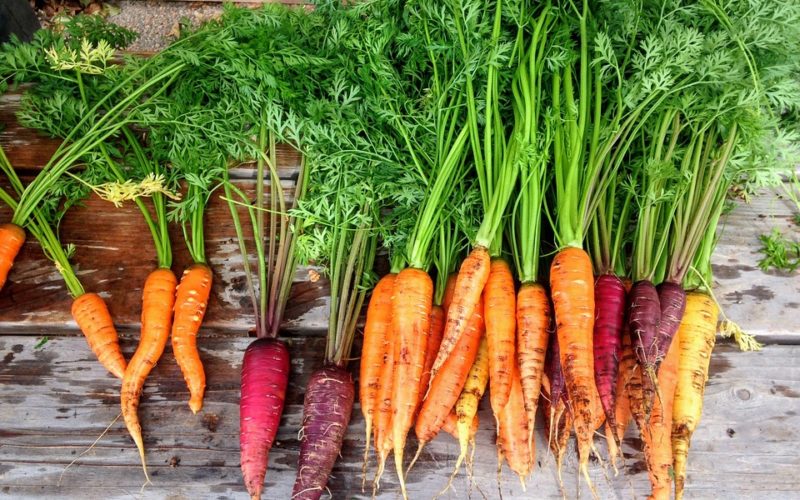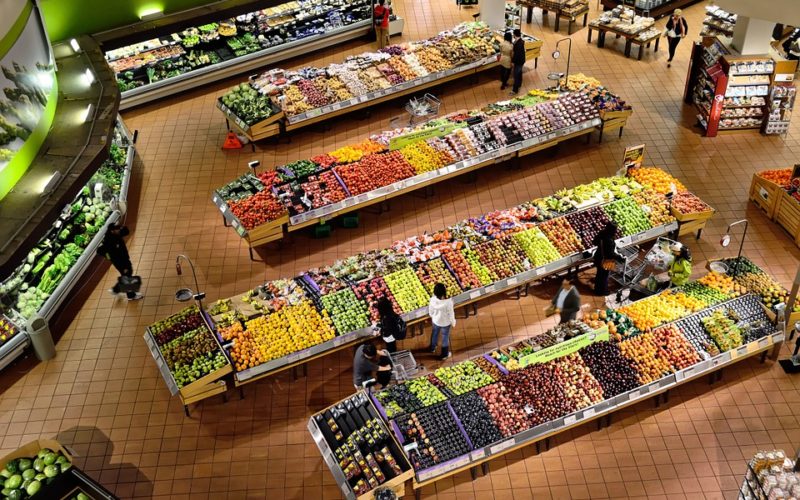It's easy to wonder about the magic of a potato-only diet, isn't it? After all, potatoes are a great source of nutrition - they contain important vitamins and minerals, plus protein and fibre. They also happen to be incredibly versatile – mashed potatoes, roasted potatoes with garlic butter, creamy au gratin casseroles, french fries… the possibilities are practically endless!
But is limiting your diet solely to potatoes really enough for optimal health? Let's uncover what science says about if eating only potatoes can replace other essential components in our diets or if there are downfalls that outweigh any positive aspects.
Let's dive into the research and see what insights we discover!
The potato-only diet
Have you ever heard of the potato-only diet? As the name suggests, it's a diet that solely consists of potatoes. But how does it work? The potato-only diet is essentially a form of a mono-diet, where one type of food is eaten exclusively for an extended period.
The idea is that by only consuming potatoes, you'll be reducing your calorie intake without feeling hungry. Potatoes are a rich source of nutrients such as vitamin C, potassium, and fibre, making them a healthy choice. However, it's important to note that this diet should be followed with caution, as it may not provide all the necessary nutrients for optimal health.
Consult with a healthcare professional before making any drastic dietary changes.
Benefits of following a potato-only diet
A potato-only diet may seem restrictive, but it can provide a range of benefits for your health. Potatoes are a rich source of vitamins and minerals, including vitamin C, potassium and fibre. Research has shown that diets centred around potatoes can lead to weight loss and lowered blood pressure.
By eliminating other foods and sticking to just potatoes, you may be able to better regulate your caloric intake and reduce your overall food consumption.
While a potato-only diet may not be sustainable in the long-term, incorporating more potatoes into your diet can be a healthy addition. So next time you're reaching for a snack, consider a baked potato instead of a bag of chips.
Potential risks associated with the potato only diet
When it comes to the potato-only diet, it may seem like an easy way to lose weight and simplify your meal choices. However, this approach to eating can come with potential risks. For starters, potatoes are high in carbohydrates, which can cause blood sugar spikes and crashes, leading to cravings and fatigue.
Additionally, a diet lacking in a variety of nutrients can lead to deficiencies and health complications. While potatoes do contain some essential vitamins and minerals, relying solely on them for your nutritional needs can be risky. It's important to maintain a balanced and diverse diet to ensure your body is receiving the necessary nutrients for optimal health.
Replacing some meals with potatoes
Did you know that potatoes are actually a great source of several important nutrients? By replacing some of your meals with potatoes, you can still meet your daily nutritional requirements. Potatoes contain vitamin C, potassium, fibre, and antioxidants.
In fact, potatoes are one of the most nutrient-dense vegetables available. Not only that, but they are also a versatile food that can be prepared in a variety of delicious ways. So next time you're looking to mix up your meal routine, consider incorporating more potatoes into your diet to ensure you're still getting all the nutrients your body needs.
Healthy ways to prepare your potatoes
Potatoes are a versatile and delicious staple in many households, but they often get a bad reputation for being unhealthy. However, with a little creativity and some simple ingredients, there are plenty of easy DIY recipes that can transform your potatoes into a healthy and satisfying meal.
Roasting potatoes with some herbs and spices is a simple yet flavourful way to prepare them, while mashed potatoes can be made healthier with the addition of Greek yogurt or cauliflower. Sweet potato fries are also a great alternative to regular fries, and can be baked in the oven for a crunchy and nutritious snack.
So next time you want to enjoy the comfort of potatoes without the guilt, try out some of these DIY recipes for a healthy twist on a classic favourite.
Pros and cons of the diet
When it comes to diets, there are plenty of options to choose from, and each comes with its own set of pros and cons. One diet that has gained some attention in recent years is the potato diet. As the name suggests, this diet consists mainly of potatoes, with some versions allowing for limited amounts of other foods.
Proponents of the potato diet argue that it is a great way to lose weight quickly, while others warn that it could lead to nutrient deficiencies and may not be sustainable in the long term.
As with any diet, it's important to weigh the pros and cons carefully before making a decision. Considering the statements of those who have tried the potato diet, it's important to question if this is the right diet for you.
